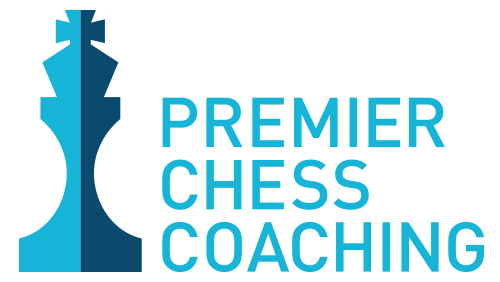Chess is more than just a game; it is an educational tool that offers a wide range of benefits for students of all ages. While some may have viewed chess as an activity reserved for enthusiasts or prodigies, the truth is that every student stands to benefit from establishing a chess club.
In this article, we explore some of the surprising benefits of having a chess club in schools:
Enhances Academic Performance:
Numerous studies have shown a positive correlation between chess and academic performance. The game requires critical thinking, problem-solving, and strategic planning skills, all of which are applicable to various academic subjects. Students who participate in chess clubs often show improved concentration, memory retention, and analytical abilities, leading to better overall academic outcomes.
Develops Critical Thinking Skills:
Chess is often referred to as the “game of kings” because it demands strategic thinking and foresight. In a chess club, students learn to analyze complex situations, anticipate their opponent’s moves, and adjust their strategies accordingly. These critical thinking skills are valuable not only for success in chess but also for navigating real-life challenges and making informed decisions.
Fosters Creativity and Imagination:
Contrary to common belief, chess is not just about memorizing moves or following predetermined strategies. It’s a game of creativity and imagination, where players must think outside the box to outmaneuver their opponents. Chess clubs encourage experimentation and innovation, allowing students to unleash their creative potential and develop unique approaches to problem-solving.
Promotes Social and Emotional Development:
Chess is a social game that fosters camaraderie, sportsmanship, and mutual respect among players. In a chess club, students interact with their peers in a supportive and inclusive environment. They learn to communicate effectively, handle victory and defeat gracefully, and form lasting friendships based on shared interests and experiences.
Cultivates Perseverance and Resilience:
Chess is a game of highs and lows, victories and defeats. In a chess club, students learn the importance of perseverance and resilience in the face of adversity. They understand that setbacks are not failures but opportunities for growth and learning. Through practice, determination, and a willingness to learn from mistakes, students develop the resilience needed to overcome challenges both on and off the chessboard.
Encourages Lifelong Learning:
Chess is an enduring interest that offers continuous opportunities for learning and self-improvement. In a chess club, students develop a growth mindset, viewing challenges as opportunities to innovate and excel. They learn to embrace new ideas, seek feedback from others, and strive for excellence continuously. These habits of lifelong learning serve students well in their academic pursuits and future careers.
Conclusion: Bridging Chess with Educational Excellence
Every school could benefit from having a chess club, as it offers a wealth of surprising benefits that extend far beyond the game itself. From enhancing academic performance and critical thinking skills to fostering creativity, social development, and resilience, chess clubs provide students with a holistic educational experience that prepares them for success in school and in life. If your school is interested in reaping these benefits and establishing a chess club, do not hesitate to reach out to us for guidance and support.


